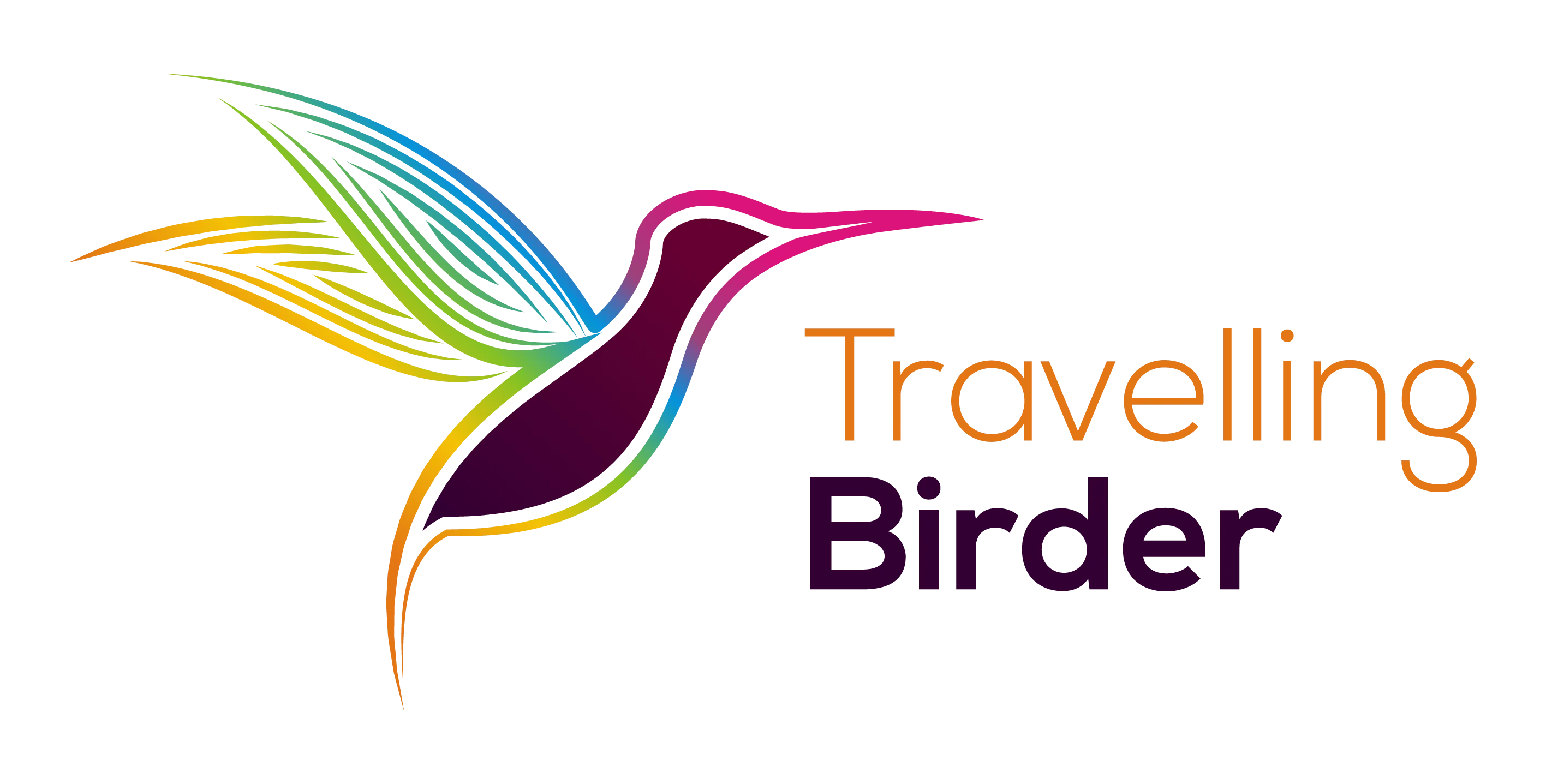Understanding The Reasons For Biting
Implementing Positive Reinforcement Techniques
Implementing positive reinforcement techniques is a crucial part of training your bird to stop biting and building trust between you two. A reward system can be highly effective in encouraging good behavior, such as not biting, while discouraging undesirable actions. When your bird interacts gently or appropriately with you, provide them with their favorite treat or verbal praise immediately. Over time, they will start to associate this positive outcome with behaving well and refrain from displaying aggressive tendencies like biting. It’s essential to remain patient and consistent during the process for maximum effectiveness; remember that it won’t happen overnight but will significantly improve your relationship with your feathered friend. As you continue working on these techniques, it’s also important to address other potential factors contributing to the issue, such as reducing stress and boredom in your bird’s environment.Reducing Stress And Boredom In Your Bird’s Environment
Now that you’ve started using positive reinforcement techniques, it’s important to also focus on reducing stress and boredom in your bird’s environment as these factors can contribute to biting behavior. Providing a variety of stimulating bird toys and ensuring proper cage enrichment will keep your feathered friend engaged and entertained throughout the day. Rotate toys regularly to maintain their interest and entice them with new challenges. This not only helps prevent boredom-related biting but promotes mental well-being for your pet. With an enriched environment established, we’ll move on to discussing how properly handling and interacting with your bird plays a crucial role in managing this issue.Properly Handling And Interacting With Your Bird
Imagine trying to navigate a foreign city without understanding the local language; this is similar to interacting with your bird without recognizing its unique ways of communication. To help curb biting behavior, it’s essential to understand and respond appropriately to bird communication signals. By paying close attention to their body language and vocalizations, you can foster gentle interactions that strengthen trust between you and your feathered friend. This knowledge will enable you to anticipate potential bites before they happen, allowing for more enjoyable time spent together. As we progress in building strong bonds with our avian companions, don’t hesitate to seek professional assistance if necessary – after all, every good relationship benefits from effective guidance and support.Seeking Professional Assistance If Necessary
Despite your best efforts to properly handle and interact with your bird, there may be times when the biting continues or even worsens. In such cases, it’s important to seek help from professionals who specialize in avian behavior, commonly referred to as ‘bird whisperers.’ These experts can provide professional training for both you and your feathered friend, helping identify underlying issues that might be causing the aggressive behavior. Don’t hesitate to reach out for assistance; remember, a well-behaved and happy bird makes for a happier home too!Frequently Asked Questions
Are Certain Bird Species More Prone To Biting Than Others? If So, Which Ones?
It’s fascinating to know that around 10,000 bird species exist worldwide, with each one having its unique temperament and behavior. When it comes to bird temperament and the likelihood of biting, there indeed are certain species more prone to this habit than others. Parrots, for example, tend to bite more frequently as a means of communication or due to their strong beaks designed for cracking nuts. In contrast, canaries and finches have gentle dispositions and rarely nip at all. A species comparison could help you understand which birds might naturally exhibit less aggressive behaviors and be better suited as pets if biting is a concern.How Can I Tell If My Bird’s Biting Is Due To A Health Issue Or Just A Behavioral Problem?
Determining whether your bird’s biting is a result of a health issue or simply a behavioral problem can be challenging, as both factors may influence their actions. Pay close attention to your bird’s communication and other health indicators, such as changes in appetite, energy levels, or appearance. If these symptoms accompany the biting behavior, it might signal an underlying health concern that requires veterinary attention. Conversely, if the biting seems isolated without any apparent physical discomfort or change in overall well-being, it could likely be due to behavioral issues stemming from fear, boredom, territoriality or seeking attention. In this case, you’ll need to address the root cause by modifying your interactions with the bird and adjusting its environment accordingly.Are There Any Products, Such As Toys Or Treats, That Can Help Deter My Bird From Biting?
It’s interesting to note that approximately 45% of bird owners report dealing with biting issues at some point. To address this common problem, there are various products available on the market, such as toys and treats, designed specifically to deter birds from biting. Biting deterrents can come in the form of bitter sprays or gels applied to areas your bird is likely to bite or chew. These unpleasant tastes discourage them from continuing the behavior. Additionally, toy distractions play a crucial role in keeping your feathered friend entertained and mentally stimulated, subsequently reducing their urge to bite out of boredom or frustration. Providing an assortment of engaging toys for your bird to explore will help redirect their energy towards positive activities instead of destructive behaviors like biting.How Long Does It Typically Take For A Bird To Stop Biting After Implementing The Recommended Techniques?
The time it typically takes for a bird to stop biting after implementing recommended techniques can vary greatly, as each bird is unique and may respond differently to training. Factors such as the severity of the biting causes and individual training challenges play a role in determining how long it will take. In some cases, birds may show improvement within days or weeks, while others might take months before noticeable progress is made. Consistent application of positive reinforcement and patience are crucial when working with your feathered friend to overcome this behavior issue.What Should I Do If My Bird Becomes Aggressive Towards Other Pets Or Family Members?
While it may be amusing to watch your feisty feathered friend take on a curious cat or assert themselves against an overenthusiastic sibling, aggressive behavior towards other pets or family members can quickly escalate into a troublesome situation. To address this issue, start by identifying and removing any negative triggers that might provoke your bird’s aggression – these could include loud noises, unfamiliar objects, or even certain people. Next, utilize positive reinforcement techniques such as praise and treats when your bird behaves calmly around others. Remember: patience is key in helping your avian companion learn to play nicely with their fellow household inhabitants!Is Rubbing Their Head on Me a Sign That My Bird May Bite Me?
If you notice your bird rubbing its head on you, it’s crucial to understand its intentions. While it can be an affectionate behavior, be cautious as it may also be a precursor to biting. This bird rubbing head on humans can be a territorial or dominant behavior, so observe your bird’s body language and proceed accordingly to ensure both of you stay safe.
What Are Some Good Bird Names to Help Distract My Bird From Biting?
Finding good bird names can be an effective way to divert your feathered friend from biting. Consider names like Sunny, Peaches, or Coco. These catchy names can catch your bird’s attention and divert its focus, ultimately reducing its biting behavior. Remember to choose a name that suits your bird’s personality and traits.
Conclusion
In conclusion, it’s important to remember that patience is a virtue when dealing with our feathered friends. Understanding the cause behind your bird’s biting behavior and consistently applying appropriate techniques will eventually lead to a more harmonious relationship between you and your pet. Don’t forget, every bird is unique and progress may take time, so stay positive and keep trying. After all, where there’s a will, there’s a way! Your dedication to creating a loving environment for your pet will surely pay off in the end.
An avid ornithologist, zoologist and biologist with an unwavering passion for birds and wild animals.
Dr. Wilson’s journey in ornithology began in childhood and led him to obtain a Ph.D. in Ornithology from the prestigious Avian Research Institute. He has worked closely with renowned experts in the field and conducted extensive research and field studies globally.





